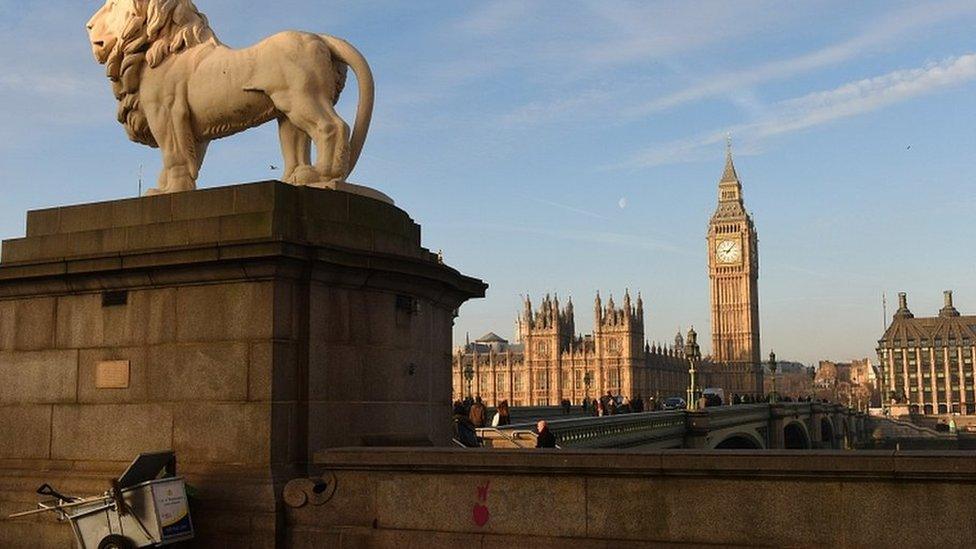Data breach as details about MPs' staff published in error
- Published

Confidential personal information about 3,000 MPs' staff and their salaries has been mistakenly published by the expenses watchdog.
IPSA said staff names and details about their working and holiday patterns was available for about four hours on an old version of its website on Thursday.
It insisted that no addresses, bank account details or phone numbers had been given out.
The watchdog has apologised and launched an inquiry.
The Independent Parliamentary Standards Authority said it believed "extremely sensitive" information - including the names of staff working for some of Parliament's 650 MPs - was available for about four hours.
It was mistakenly uploaded onto an old version of its website which is due to be archived shortly.
A spokesman said it had been viewed by a "small number" of people, including someone who works for an MP and who alerted the regulator to the mistake.
The information was taken down within an hour of it being notified but the watchdog said the lapse was "serious" and it was looking into how it happened.
"Some documents were published in error," said its chief executive Marcial Boo in a e-mail to all MPs.
"These should not have been made public as they contained confidential personal information about MPs' staff names, salaries, rewards, working patterns and holiday entitlements," he added.
But he stressed that no information relating to the security of the individuals affected was made public.
"We take information security very seriously and the safety and security of MPs and their staff is a priority. An investigation is currently underway and we have notified the Information Commissioner.
"We will be writing directly to all of those affected."
The Parliamentary authorities are reviewing security at the Palace of Westminster following the fatal stabbing of a police officer in the grounds of Parliament last week.
The watchdog said on Thursday that it would stop publishing details of travel claims made by MPs amid fears it could put them at risk of attack.
- Published30 March 2017
